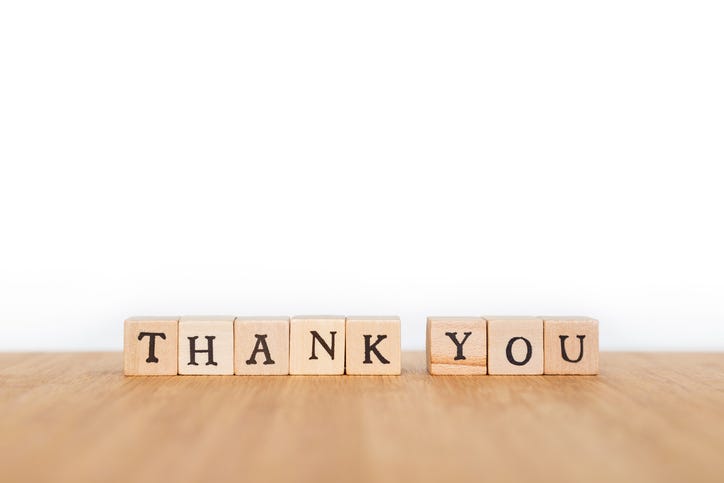I was down in Frankfort, Kentucky, last week and sat in a café one morning and a fortyish woman in a white uniform approached and said, “What can I get you, Hon?” and I, being a Northerner, was rather touched because female food service workers up North don’t go around Honning male customers. I’ve been Deared a few times but only by women older than I and they may have Deared me from dementia. Once a waitperson in Minneapolis Friended me and I almost spilled my coffee.
(Notice that I don’t refer to them as a “waitress.” The “-ess” is a diminutive, it’s a patronizing relic of male dominance; she is a Waitperson, even though that term could be mistaken as “Weight Person,” meaning “fat lady.” Anyway, female service personnel in Minnesota do not address a man as “hon” or any other term of affection and if he addressed her as Hon, he could be arrested, handcuffed, and taken downtown.
I’m fine with that. We live in a changing world and I try to go with the flow. But I can admit to you, dear reader — may I call you “dear,” sweetheart? — that “Hon” touched me and I also admit that I overtipped her, and the Honning was a factor in that. It made me feel like it was 1958 again and Jerry Lee Lewis was on TV playing stand-up piano on “Great Balls of Fire,” back when rock ’n’ roll was more fun, before it was taken over by alienated loners.
I ordered biscuits and gravy for breakfast, Southern food, I wanted to fit in. I didn’t want other patrons to look at me and see my bowl of artisanal granola and think, “That man wants to confiscate our guns and teach our grandchildren about transgentrification.”
The woman came by a little later and said, “How’s your breakfast, dear?” I said, “It’s wonderful,” though actually it was rather mediocre, but I didn’t want to cause her anxiety because — this is going to sound pathetic but forgive me — her “hon” had given me a very warm feeling deep inside. Me, a published author who once got a terrific review in the Times and who’s attended luncheons at the American Academy of Arts and Letters, but neither the Times nor the Academicians ever called me “hon” and she did and it means something to me.
I am a privileged white Anglo male — privileged in that my parents loved each other and didn’t drink and I got a decent basic education in the public schools and I grew up fundamentalist, which once you’re done with it, life gets much easier, and attended a land-grant university back when you could pay your tuition with a part-time job and I got into radio by virtue of the fact that I was the only applicant for the job — and the woman who waited on me probably didn’t have those advantages.
Maybe the “Hon” was an appeal for kindness by a woman who’d suffered indignities and felt exploited and trodden upon. Maybe she hates her job. Maybe her younger no-good brother got to go to college and she didn’t. She’s smarter than he is by a long shot and look how he messed up his life. As it says in Ecclesiastes, “The race is not to the swift, nor the battle to the strong, neither yet bread to the wise, but time and chance happeneth to them all.” In other words, we’re not so different from the mouse who scurries through the underbrush only to feel the claws around his neck and hear enormous wings flap and suddenly he’s fifty feet in the air being delivered to the eagle’s kiddos.
But I’m not looking over my shoulder. I am pledged to cheerfulness. I was supposed to die twenty years ago but surgeons got to work and my sentence was commuted and I am very grateful. You would be too, buttercup.
One beautiful thing about getting old is the irrelevance. It’s a troubled world and my importance in it is very slight, not like when I was young and the center of the solar system, and now I enjoy the world more than ever, including biscuits and gravy in Kentucky, home of Mitch McConnell (“Be good, Mitch baby. Lighten up, kiddo.”), and I advise you to live longer. Smile at the woman who serves you breakfast and don’t order biscuits and gravy. Bran flakes with berries is much better for you.
Come over and join us in The Back Room where you will find weekly audio of monologues from the 80’s, episodes from the limited series of Comedy College, many archive articles, sonnets and lyrics. Often video clips and show pictures are included as well. As a thank you, you receive a code for 20% discount in our store. $6.00 per mos or $65.00 annually for a subscription to access to The Back Room archive and posts.








I'm 65 and still the librarian at an elementary school. I call the kids "Dear" because most of them are, but also because remembering 375 names on the spot is a skill I have never possessed. There's a student (I'll call him Will), who, if I ever call him "Dear," says, "My name isn't Dear, my name is Will." Love that Kid. Cracks me up in spite of me and my pathetic memory.
Dear Mr. Keillor,
It matters. It matters what we call each other. I was a young woman once a long time ago. I never called anyone dear or hon or sweetie. It provoked too many kinds of responses. Besides, I was taught growing up that “Sir” and “Ma’am” were the appropriate terms for addressing my elders and superiors who included almost everyone. Being a product of the women’s movement (sometimes likened to a bowel movement by men I knew at the time) I became a drug dealer when the schools of pharmacy and the profession were dominated by men, and while I naively believed that a string of letters after my name would eliminate some of the condescension and harassment, I was still routinely addressed not as Dr., but as sugar, honey, sweetie, darlin’, sweetheart, baby, and precious by people who I just as routinely addressed as sir. Giving these troglodytes the benefit of the doubt, I told myself that they were obeying the golden rule, addressing me the way they wished I would address them. From patients, I could accept it, sometimes even treasure it. From colleagues, it was anything from creepy to demeaning. I smiled and gritted my teeth. Women, especially in service industries, since we cannot don armor, employ some strange defenses. Endearments are a habit for some, a shield for others. They aren’t for me. Now that I’m an old broad, the problem has vanished. Let me assure you, friend, I do not miss it.
Love,
Dawn (Dr. Price)